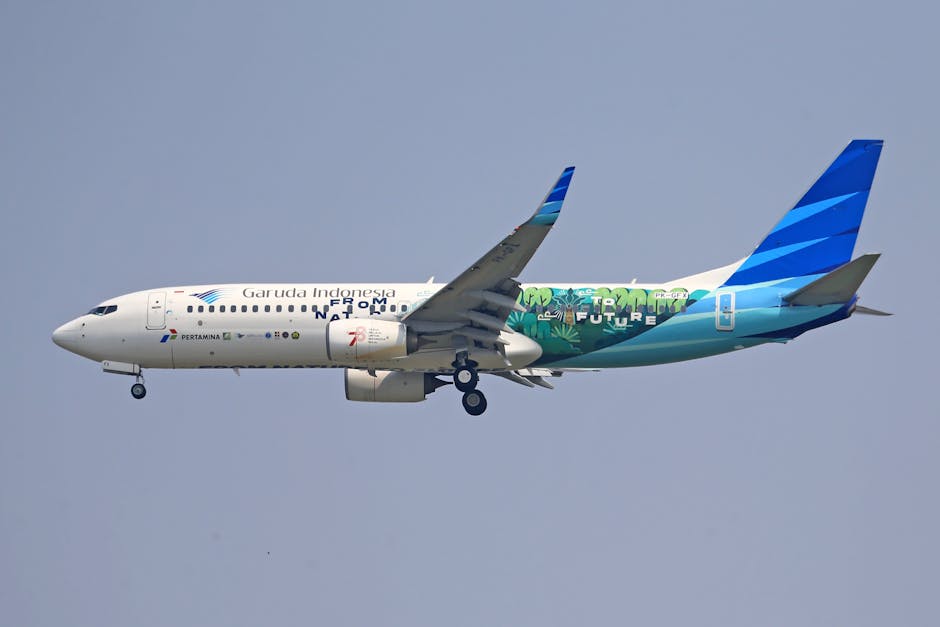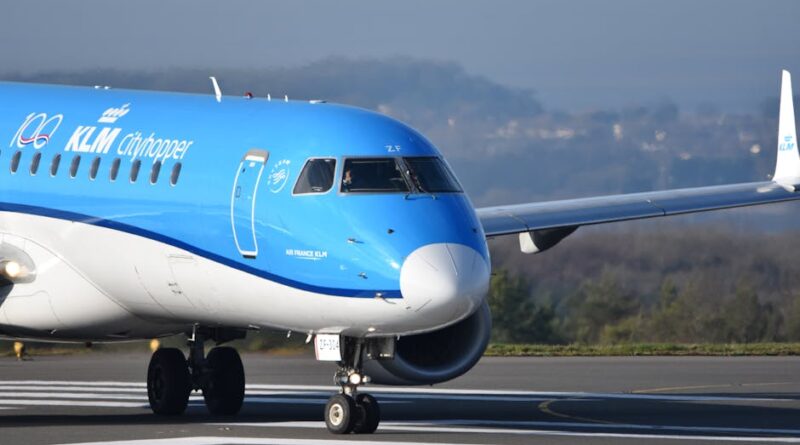The Future of Regional Airlines Explored
Did you know that regional airlines make up a vital part of the aviation industry? They serve many small cities and connect them to major hubs. While they may not be as flashy as big airlines, their future is intriguing. Lets dive into what the future holds for regional airlines.
What Are Regional Airlines?

Regional airlines are smaller carriers that focus on short-haul flights. They often serve routes that larger airlines do not find profitable. Think about flying from a small town to a bigger city. that’s where regional airlines shine. They connect passengers to larger networks, making travel easier for many.
Why Are Regional Airlines Important?

Regional airlines play a key role in the aviation ecosystem. Here are a few reasons why they matter:
- Connection: They link smaller cities to major hubs.
- Economic Impact: They support local economies by providing jobs and encouraging tourism.
- Accessibility: They make air travel possible for people who might not otherwise have options.
What Challenges Do Regional Airlines Face?

Despite their importance, regional airlines face several challenges:
- Competition: Larger airlines often offer lower fares on similar routes.
- Fuel Costs: Rising fuel prices can significantly impact profit margins.
- Regulatory Issues: New regulations can create hurdles for smaller carriers.
These challenges can make it tough for regional airlines to thrive. However, they are also finding ways to adapt and grow.
How Are Regional Airlines Adapting?

Many regional airlines are evolving to meet the demands of the market. Here are some strategies they are using:
- Technology Upgrades: New booking systems and customer service apps make travel easier.
- Partnerships: Collaborating with larger airlines helps them expand their reach.
- Sustainable Practices: Adopting eco-friendly practices can attract environmentally conscious travelers.
For example, some regional airlines are adopting hybrid or electric aircraft. This could lead to lower operating costs and a smaller carbon footprint.
What Role Will Technology Play?
Technology is shaping the future of regional airlines. Heres how:
- Online Booking: Many airlines now offer easy-to-use websites and apps for booking flights.
- Flight Tracking: Passengers can track their flights in real-time, reducing anxiety about delays.
- Advanced Safety: New technologies improve safety and efficiency in air travel.
As technology continues to improve, regional airlines will likely become more efficient and passenger-friendly.
What About the Future of Air Travel?
Air travel is changing, and regional airlines must keep pace. Here are a few trends to watch:
- Increased Demand: More people are flying than ever before. This growth can benefit regional airlines.
- Changing Demographics: Younger travelers are more adventurous and open to new experiences, including regional travel.
- Focus on Local: Travelers are increasingly interested in exploring local destinations.
These trends can create new opportunities for regional airlines to thrive in the years to come.
How Are Regional Airlines Addressing Sustainability?
Sustainability is becoming a priority for many airlines. Regional carriers are no exception. Heres what they are doing:
- Fuel Efficiency: Investing in more fuel-efficient aircraft reduces emissions.
- Eco-Friendly Practices: Implementing recycling programs and reducing waste on flights.
- Community Initiatives: Supporting local environmental efforts enhances their brand image.
By focusing on sustainability, regional airlines not only help the planet but also attract environmentally conscious travelers.
What Are Experts Saying?
Experts in the aviation industry have varying opinions on the future of regional airlines. According to aviation analyst Mark Murphy, Regional airlines will continue to be essential for air travel. They fill in gaps that larger airlines often overlook.
This statement highlights the importance of regional airlines in making air travel accessible to more people.
What Can Passengers Expect?
As regional airlines evolve, passengers can expect a more enjoyable travel experience. Here are a few potential changes:
- More Choices: Passengers may see more flight options to smaller destinations.
- Better Service: Focused customer service can lead to a more personalized experience.
- Improved Technology: Enhanced online booking and real-time updates will streamline travel.
These improvements can make flying with regional airlines a more appealing option for many travelers.
What Should We Keep an Eye On?
As we look to the future, keep an eye on these factors:
- Economic Changes: Fluctuations in the economy can impact travel demand.
- Regulatory Developments: Changes in laws can affect how airlines operate.
- Technological Advancements: Innovations will continue to shape the airline industry.
Monitoring these trends will help us understand the landscape of regional airlines moving forward.
Conclusion: what’s Next for Regional Airlines?
The future of regional airlines looks promising. As they adapt to challenges and embrace new opportunities, they will remain crucial in connecting communities. For travelers, this means more options and better service.
As regional airlines continue to innovate and focus on sustainability, they will play an important role in the larger aviation picture. So, the next time you book a flight, consider giving a regional airline a try!
For more insights on travel trends, check out this article on [Airline Technology Trends](https://www.example.com).
Interested in learning more about travel tips? Visit our post on [Traveling Smart: Tips for Hassle-Free Journeys](https://www.example.com).



